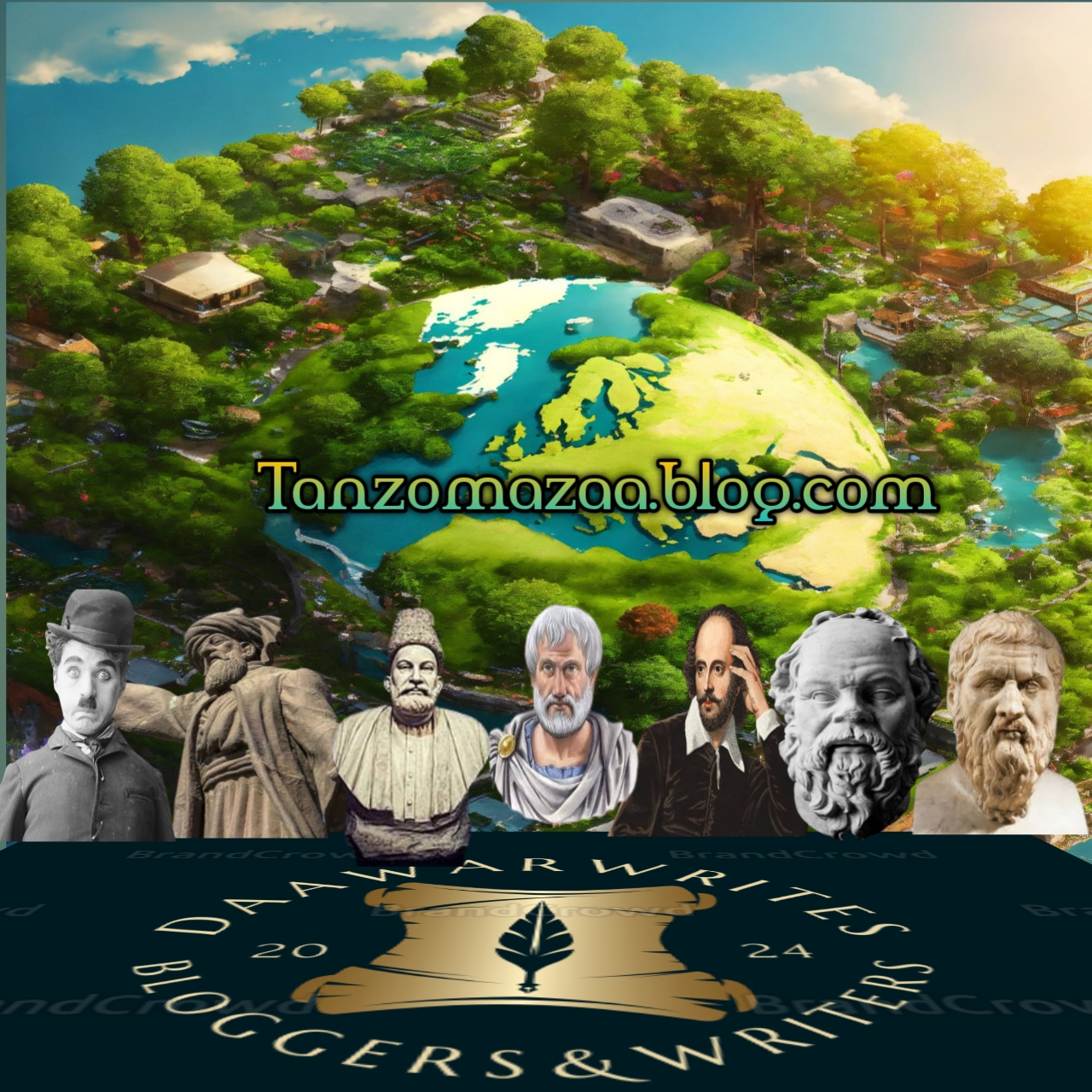Chinese Festivals Overview
Chinese festivals are an integral part of the country's rich culture and history, and they have been celebrated for centuries. These festivals are not only a time for family and friends to come together and enjoy traditional food and activities, but they are also an opportunity to pay homage to ancestors and honor spiritual beliefs. In this article, we will explore some of the most popular Chinese festivals and their significance.
Chinese New Year: The Most Important Festival in China
Chinese New Year, also known as Spring Festival, is the most important and widely celebrated festival in China. It usually falls between late January and mid-February, depending on the lunar calendar. During this festival, families gather together to enjoy traditional food, exchange red envelopes filled with money, and light fireworks to ward off evil spirits. The festival lasts for 15 days, with each day having its own unique customs and rituals.
Mid-Autumn Festival: Celebrating the Harvest and Family Reunions
The Mid-Autumn Festival, also known as the Moon Festival, is celebrated on the 15th day of the eighth lunar month, usually falling in September or October. This festival is a time for families to come https://bit.ly/3ZbejUb together and enjoy mooncakes, a traditional pastry filled with sweet or savory ingredients. The festival also involves lighting lanterns, admiring the full moon, and performing dragon and lion dances.
Dragon Boat Festival: Commemorating a Heroic Figure
The Dragon Boat Festival, also known as Duanwu Festival, is celebrated on the fifth day of the fifth lunar month, usually falling in June. The festival commemorates the patriotic poet Qu Yuan, who drowned himself in a river after his country was conquered by https://bit.ly/3ZbvOU2 invaders. The festival involves dragon boat races, eating zongzi (a glutinous rice dumpling wrapped in bamboo leaves), and hanging sachets filled with herbs believed to repel evil spirits.
Qingming Festival: Honoring Ancestors and Remembering the Dead
The Qingming Festival, also known as Tomb Sweeping Day, is celebrated on the 15th day after the spring equinox, usually falling in early April. During this festival, families visit the graves of their ancestors to pay respect and offer food ,https://bit.ly/3ZadPNR flowers, and incense. The festival also involves flying kites and enjoying spring outings.
Lantern Festival: Celebrating the First Full Moon of the Lunar Year
The Lantern Festival, also known as Yuanxiao Festival, is celebrated on the 15th day of the first lunar month, usually falling in February or March. The festival marks the end of the Chinese New Year celebrations and involves lighting and admiring colorful lanterns, solving lantern riddles, and enjoying sweet glutinous rice balls called yuanxiao.
Double Seventh Festival: Chinese Valentine's Day
The Double Seventh Festival, also known as Qixi Festival or Chinese Valentine's Day, is celebrated on the seventh day of the seventh lunar month, usually falling in August. The festival originates from a romantic legend of two star-crossed https://bit.ly/3LGr7P1 lovers, Niulang and Zhinu, who can only meet once a year on this day. The festival involves making wishes, eating festive food, and performing traditional activities such as embroidery and playing the pipa (a traditional Chinese instrument).
In conclusion, Chinese festivals are a reflection of the country's rich cultural heritage and traditions. These festivals bring people together to celebrate, pay respect to ancestors, and honor spiritual beliefs. Whether it's the lively Dragon Boat Festival or the romantic Double Seventh Festival, each festival has its own unique customs and rituals, making them an unforgettable experience for both locals and tourists alike.

.jpeg)




0 Comments